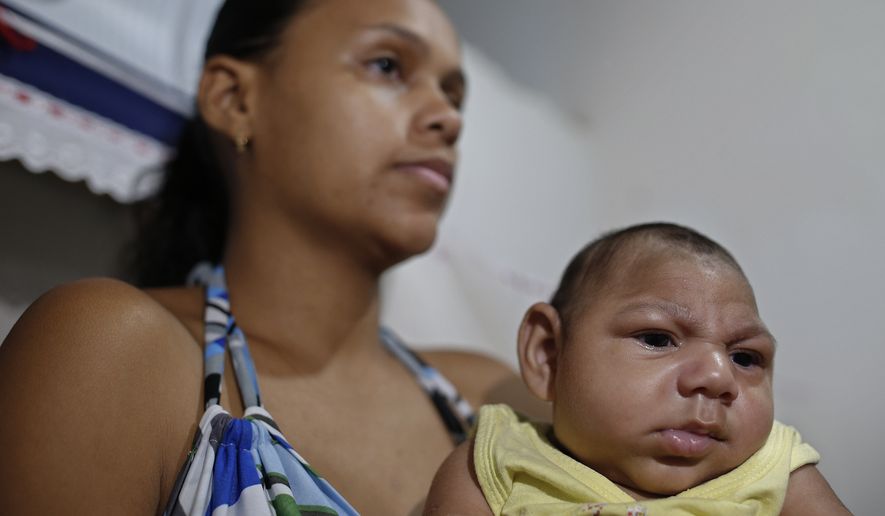Congress should “do its job” and take up President Obama’s request for nearly $2 billion to combat the Zika virus, the White House said in its most urgent plea to date for emergency funds to defend pregnant women against the mosquito-borne disease linked to serious birth defects.
Congressional Republicans told Mr. Obama to spend leftover Ebola funds instead of seeking a cash infusion to fight the Zika virus, which is circulating through Latin America, including Puerto Rico, and could puncture the U.S. mainland in the coming months.
Speaking at Friday’s Zika Action Summit, a White House official said Congress is asking Americans to choose which disease they would like to be protected against. “That just doesn’t make a lot of sense,” Amy Pope, deputy homeland security adviser, told reporters at the Centers for Disease Control in Atlanta.
Administration officials say they are relying on private donations and rummaging through the couch cushions for extra cash to fight Zika.
House Committee on Appropriations Chairman Harold Rogers says the administration hasn’t spent about $2.7 billion of the $5.3 billion set aside to deal with the Ebola outbreak, and that Congress could backfill the use of those funds during the fiscal 2017 appropriations process.
Ms. Pope said even if they repurpose some of the leftover Ebola funding, “the money we have now is not enough.”
“Congress needs to act and do its job,” she said.
Zika has been linked to a marked uptick in the number of babies born with abnormally small heads, a condition known as microcephaly, in Brazil and other Latin American countries. It also has been tied to Guillain-Barre syndrome, which can cause paralysis.
Though Zika isn’t spreading locally in the continental U.S., the CDC has recorded 312 travel-related cases in the 50 states and the District, including 27 cases in pregnant women.U.S. territories have reported 349 cases of locally acquired infection, mostly in Puerto Rico.
As that virus looms, the White House says it will not shortchange efforts to fully stamp out Ebola, which has killed more than 11,000 people in Liberia, Sierra Leone and Guinea since December 2013.
On Friday the World Health Organization said a 30-year-old Liberian women died from Ebola on Thursday, just days after the agency said the outbreak was no longer a public health emergency of international concern.
Neighboring Guinea is investigating a cluster of new cases in one of its southern regions.”Ebola is not over,” CDC Director Tom Frieden said, citing the flare-ups.
The WHO says the brunt of the Ebola outbreak is finished, however, and the latest data suggest transmission of Zika has peaked in countries such as Colombia and could slow down.
Dr. Frieden said it is common for viruses to slow down and speed up from country to country or from town to town. “It’s very difficult to predict what the pattern will be,” he said.
The Obama administration assembled its Zika summit Friday to get federal, state and local officials to coordinate plans for educating the public and eradicating the pesky Aedes aegypti mosquito that carries the disease — efforts that will ramp up as U.S. temperatures rise and more mosquitoes circulate in the continental U.S.
In the meantime, the CDC is urging pregnant women not to travel to Zika-affected nations. Men who return from those areas should use condoms, the agency says, because Zika can be sexually transmitted. The CDC says pregnant women who live in Puerto Rico or other territories where Zika is actively spreading should use insect repellent and wear long sleeves.
• Tom Howell Jr. can be reached at thowell@washingtontimes.com.




Please read our comment policy before commenting.